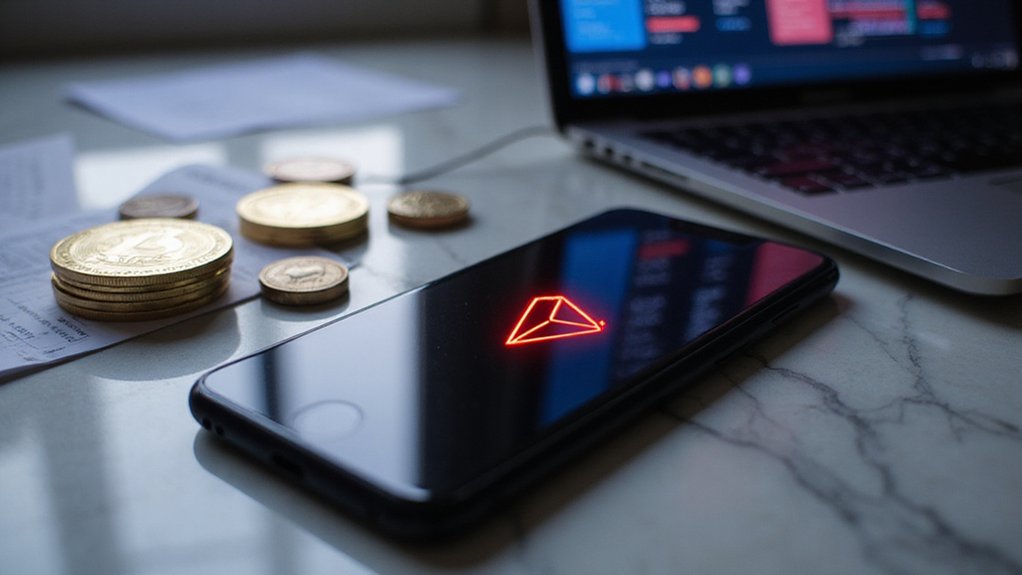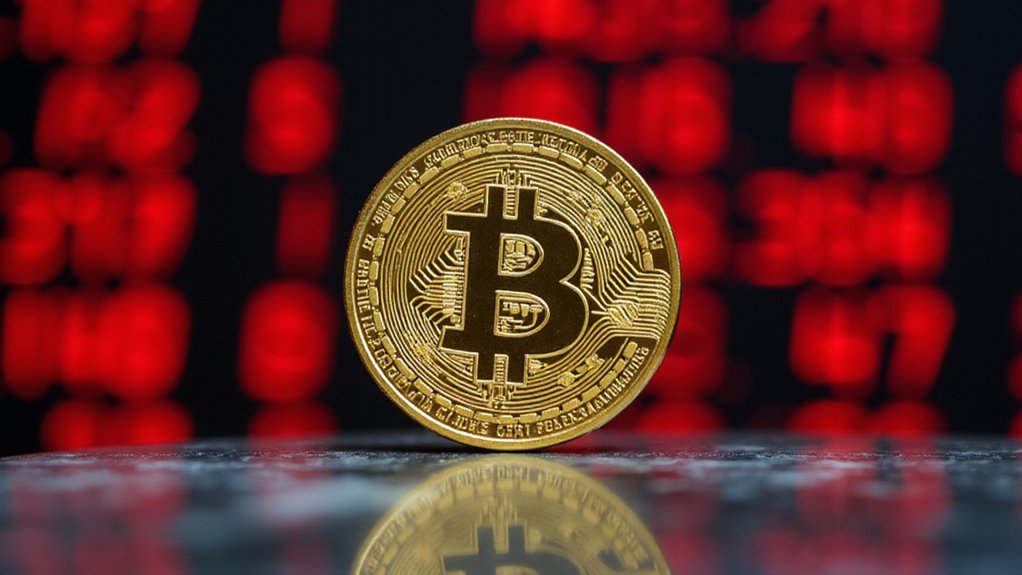While the crypto industry has grown accustomed to partnerships that amount to little more than cross-promotional marketing campaigns, the strategic alliance between Binance and Franklin Templeton represents something decidedly more substantive—a convergence of the world’s largest cryptocurrency exchange with a $1.6 trillion asset management titan that has quietly positioned itself at the forefront of blockchain-based tokenization.
Franklin Templeton’s blockchain credentials extend well beyond typical institutional toe-dipping into crypto waters. The firm operates nodes across eight permissionless blockchains and achieved a genuine first in 2021 by launching FOBXX, the initial tokenized money market fund. Their Benji Technology Platform represents years of methodical development rather than hasty capitulation to crypto trends.
Franklin Templeton’s methodical blockchain development across eight networks demonstrates genuine commitment beyond superficial institutional crypto experimentation.
The partnership’s ambitious scope targets the notorious inefficiencies plaguing traditional finance—settlement delays that stretch across days, collateral management systems that would seem antiquated to any DeFi user, and portfolio construction processes bogged down by legacy infrastructure. Tokenization promises to compress these timelines while enhancing transparency, though skeptics might wonder whether traditional finance’s regulatory apparatus will prove as malleable as its technology.
Markets responded with characteristic enthusiasm, propelling BNB above $900 and reflecting broader institutional confidence in real-world asset tokenization, which now approaches an $18 billion market. The token surge underscores how institutional validation continues driving crypto valuations, even as the underlying technology matures beyond speculative fervor.
Perhaps most intriguing is Franklin Templeton’s explicit acknowledgment that blockchain represents an opportunity to “reimagine legacy financial systems” rather than merely digitize existing processes. This philosophical approach suggests the partnership may yield innovations beyond simple asset digitization—potentially restructuring how securities are issued, traded, and settled globally.
The collaboration deliberately targets both institutional and retail investors, recognizing that tokenization’s ultimate success depends on broad adoption rather than niche institutional applications. This trend aligns with emerging networks like Kaanch, which specializes in RWA tokenization and demonstrates how the industry is moving toward unlocking traditionally illiquid assets through blockchain technology.
Whether this ambitious vision translates into practical improvements for everyday investors remains the critical test, particularly as regulatory frameworks struggle to keep pace with technological capabilities.
Details on specific tokenized products promised later this year will reveal whether this alliance delivers transformative innovation or simply adds blockchain veneer to conventional investment products.








